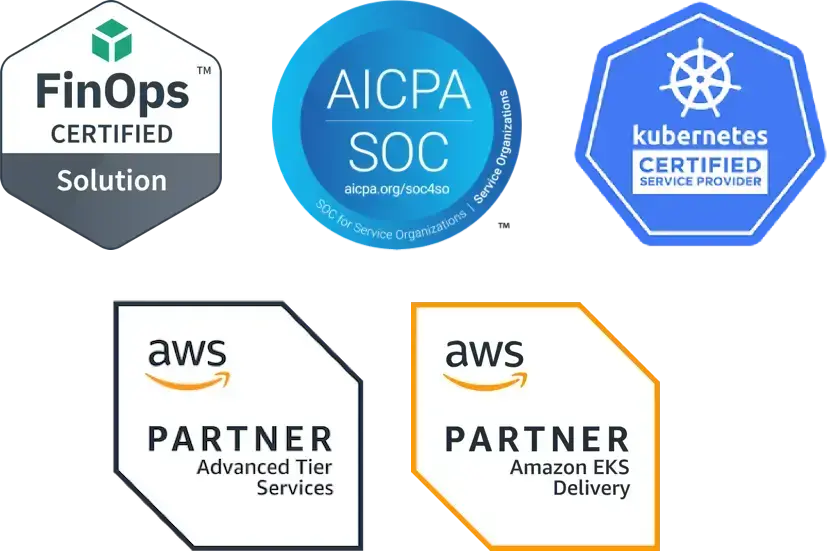Kubernetes is a leading cloud-native, open source project. As Kubernetes matures, adoption is on the rise with the help of the CNCF pushing cloud native technologies.
Containers, service meshes, microservices, immutable infrastructure, and declarative APIs are all cloud-native technologies enabling teams to build loosely coupled systems that are resilient, manageable, and observable. Combined with robust automation, they allow engineers to make high-impact changes frequently and predictably with minimal toil.
This sounds great, but it also changes how we work. Everything in the Kubernetes world is new since 2015 - new ways of working, new technologies, new infrastructure requirements. As a result, whether you are just starting your cloud-native journey or are already underway, there comes a point where you will likely need some Kubernetes support.
Of course you can turn to Kubernetes documentation or some of the great resources that already exist - Fairwinds has a How to Kube video series you can check out. But that takes time and potentially you might not come up with the answer. Now combine all the many open source tools available to help you successfully run Kubernetes - like helm, nginx-ingress, RBAC-manager, Polaris, etc. or a curated selection - and the help that may be required for them.
It takes time for teams to learn on the job and all businesses have to decide how much educational time and training is tolerable. There are instances when having an expert available to answer questions can drastically help a team.
There are three types of Kubernetes support services and software options that can help along the cloud-native journey:
- Kubernetes advisory services - for when you simply need to ask for advice. For example, Kubernetes support can help you answer questions on how you should think about scaling/load testing; who should have access to what and at what levels; or how you babysit workloads during an upgrade and make sure things stay up.
- Managed Kubernetes - when you are adopting Kubernetes but don’t have the in-house expertise or time and resource to train up. You may have opted for a managed Kubernetes like GKE, EKS or AKS, but it is still your responsibility to get your clusters configured correctly and effectively leveraged. Managed Kubernetes can help you deploy your infrastructure with the right number of clusters in the right regions, the right ingress and SSL/TLS configurations, and the most efficient autoscaling settings.
- Configuration support software - when you are happy with your Kubernetes deployment but not quite sure it is consistent across your entire organization. Examples of this could be scanning containers for vulnerabilities, validating deployment configurations or auditing clusters for weaknesses to improve your overall security posture. Our complete Kubernetes governance platform is available for free.
If you require Kubernetes support, Fairwinds can help. We have many different flavors of support to help you be successful as you adopt Kubernetes. Not just experts in Kubernetes, we are also experts in the open source tools that help you be successful.


